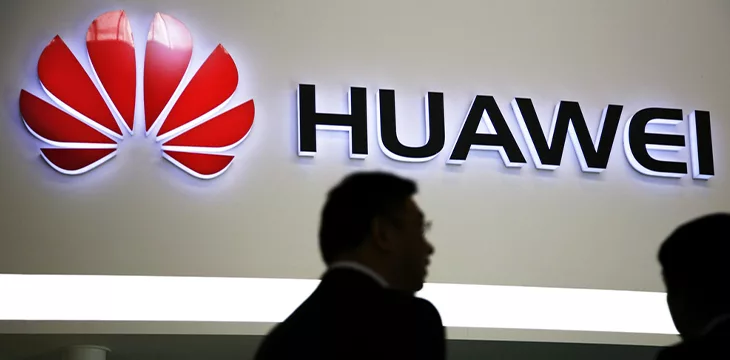
|
Getting your Trinity Audio player ready... |
Chinese-based technology company Huawei says it has recorded impressive strides with artificial intelligence (AI) and its native operating system despite a raft of headwinds slowing its momentum.
The company confirmed that its technological innovations have helped it close the distance between itself and U.S.-based firms, said Richard Yu, chairman of the firm’s Consumer Business Group, at Huawei’s innovation during his keynote address at a developer conference in Dongguan.
Yu pointed to the company’s wins with its Harmony operating system after ditching Android in 2019 due to U.S. trade restrictions. Since then, HarmonyOS has risen steadily to 900 million devices in less than five years, surpassing Apple’s (NASDAQ: AAPL) iOS to occupy second place in Mainland China.
Android occupies first place with well over 50% of the market share, but Yu argues that Huawei is on course to snag a portion of the pie in the coming months. The Chinese-based company made a strong statement of intent following the Mate 60 mobile phone launch, a move that jolted sales by 68% since the start of the year.
The operating system has indicated full support of the digital yuan, China’s attempt at a central bank digital currency (CBDC). A report from early 2024 hints at utilities for Internet of Things (IoT) transactions, AI-based instant payment models, and support for smart contracts.
“Harmony has made major breakthroughs,” said Yu. “You can say in 10 years we’ve achieved what it took our European and American counterparts more than 30 years to do, in terms of building the core technology of an independent operating system.”
With AI, Huawei’s artificial intelligence infrastructure Ascend has moved to second place in the Chinese market and has a reputation for being “the most powerful” model in China.
Only Nvidia (NASDAQ: NVDA) ranks ahead of Ascend, but existing trade restrictions could cause enterprises to ditch U.S.-based companies for local alternatives.
The company’s innovations have earned it a seat at China’s blockchain committee, tasked with shaping industry standards for the emerging technology.
A flurry of activity in the local ecosystem
Chinese-based enterprises are rolling up their sleeves to launch commercial AI products for consumers at a rate unmatched by their peers in other jurisdictions. Tencent (NASDAQ: TCTZF) and Alibaba (NASDAQ: BABAF) have rolled out impressive AI offerings to challenge OpenAI’s ChatGPT while catering to the demands of a local audience.
The AI models have since found industrial applications in robotics, healthcare, manufacturing, and education. However, attempts at integrating AI in finance have been few and far between, but clearer regulations may allow local firms to dabble with AI for payment applications.
In order for artificial intelligence (AI) to work right within the law and thrive in the face of growing challenges, it needs to integrate an enterprise blockchain system that ensures data input quality and ownership—allowing it to keep data safe while also guaranteeing the immutability of data. Check out CoinGeek’s coverage on this emerging tech to learn more why Enterprise blockchain will be the backbone of AI.
Watch: Micropayments are what are going to allow people to trust AI
Recommended for you
Lorem ipsum odor amet, consectetuer adipiscing elit. Elit torquent maximus natoque viverra cursus maximus felis. Auctor commodo aliquet himenaeos fermentum
Lorem ipsum odor amet, consectetuer adipiscing elit. Accumsan mi at at semper libero pretium justo. Dictum parturient conubia turpis interdum

 11-22-2024
11-22-2024


